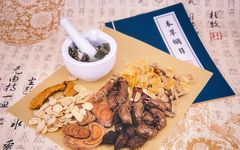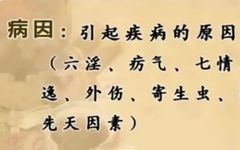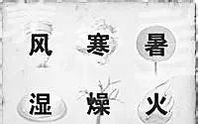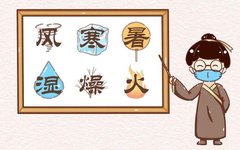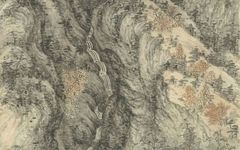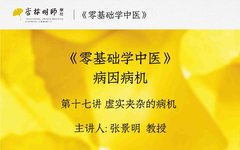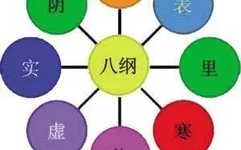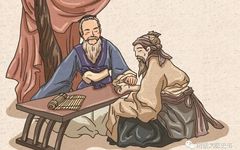How Do the Six Excesses Affect Muscles, Flesh, Tendons, and Bones?
Have you ever thought about the impact of the Six Excesses on muscles and bones? The earliest mention of the Six Excesses can be found in the “Zuo Zhuan”: “Yin excess leads to cold diseases, Yang excess leads to heat diseases, Wind excess leads to minor diseases, Rain excess leads to damp diseases, Bright excess … Read more

